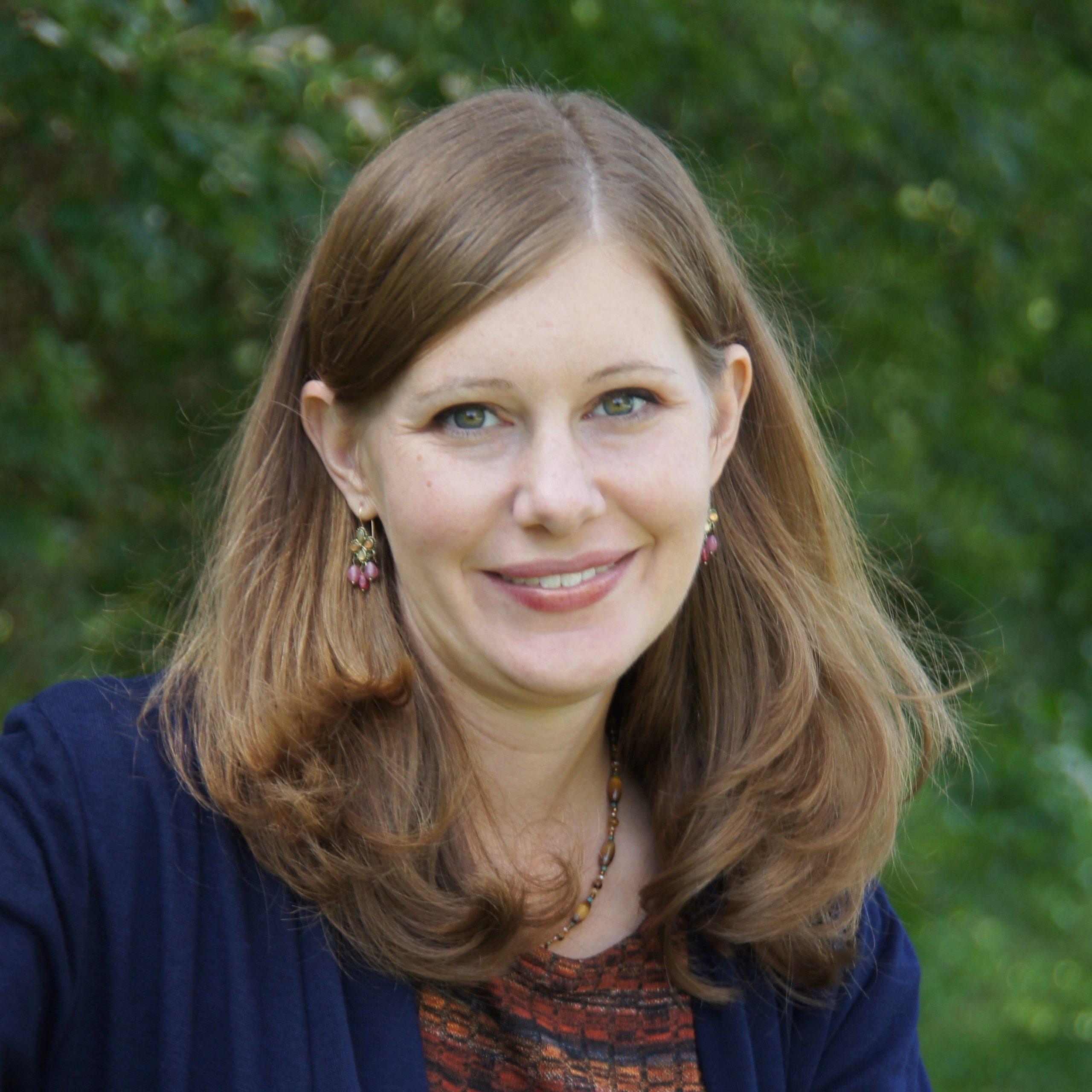
Bethany Yeiser
When I began my undergraduate studies in 1999 at the University of Southern California, everything was going well. I was concertmaster of their community orchestra on violin, working in a renowned biochemistry laboratory on DNA replication in bacteria, and was taking challenging classes, and scoring high grades. I was living my dream.
When I thought of “mental illness,” people whom I considered to be “weak” immediately came to mind. I didn’t understand why the mentally ill did not just pull themselves together, be strong, and get over their problems. I was confident that I would always be strong, and never be held back from doing anything in my life that I really wanted to do. Essentially, at that time in my life, I knew almost nothing about brain disorders.
I also did not know that one in a hundred people will suffer with schizophrenia, and people with mental health diagnoses are everywhere and typically we are not privy to their diagnoses.
I thought of the mentally ill as having a lower IQ (which was entirely inaccurate) and imagined everyone with mental illness was eccentric in personality, dress and mannerisms. I had a picture in my mind of a mentally ill person, and that person was very different than me. I would soon find out I was wrong.
Not only did I know very little about brain disorders, but I also did not know that brain disorders do in fact run in my family. Though I know of no relatives with schizophrenia, I have three relatives who suffered for many years from treatment resistant depression, and there were two suicide attempts in the family, separated by many years.
But my relatives were not disabled. All three were highly successful professionals and enjoyable people. I hardly knew these relatives, but I was aware of their success. I’m confident no one outside of the immediate family knew of their struggles, though suicide claimed one of their lives.
After I was diagnosed with schizophrenia in 2007, eight years following my successful start at the university, I met privately with one of my relatives about mental illness. He confided in me that his greatest wish was to take his own life. However, he remembered a distant relative who had attempted suicide, unsuccessfully, and the attempt had left him impaired for the rest of his life. This relative was terrified he also would not be successful and would be left far worse off than he was before the suicide attempt. This prevented him from suicide.
But perhaps it was easier for my relatives to recognize their depression than it was for me to recognize my schizophrenia.
I wish so much that when my schizophrenia symptoms appeared in 2002, I had had the insight to recognize that something serious was happening in my life, but instead I strongly pulled away from everyone who loved and cared for me. I had never heard of delusions (fixed, false beliefs) and knew little about hallucinations or what paranoia looks like.
Today, it is my opinion that students in high school, or even younger, should be educated about brain disorders, including what the symptoms look like, and that they are treatable. They should understand that there should be no hesitation to seek help. And for many, the earlier a person begins treatment, the better they do, for life. I know this would have not just helped me, but my extended family members.
When I was in high school, we learned about healthy eating, getting enough sleep, safe sex/abstinence and exercise. My senior year, I was trained in self-defense and first aid. But education on brain disorders was completely absent.
Looking back, I needed to learn that mental illnesses, including anxiety, depression, bipolar disorder and schizophrenia, are in fact physical (biological) problems. I did not know that schizophrenia was the result of an imbalance of neurotransmitters including dopamine, serotonin and glutamate, as well as many others, including some chemical involvement that is poorly understood by researchers. I was unaware that even geniuses could suffer from schizophrenia, but that many could succeed in life with the right treatment, personalized for each individual.
Most importantly, I had no idea that mental illness was something that I myself would soon be afflicted with, and would suffer from for many years before obtaining treatment and medication.
It would have been helpful to learn as a teenager about the symptoms of “anosognosia” as well, which is the absence of self-awareness and knowledge that a person is experiencing severe symptoms of schizophrenia or another serious brain disorder. Anosognosia is more than denial. It can happen in other physical problems, such as after a stroke, when the patient is left paralyzed but believes his arms and legs are working normally.
In 2020, the CURESZ Foundation established our first On Campus Club at the University of Cincinnati, in an effort to reach students of all majors with basic information about brain disorders. The CURESZ Foundation is proud to sponsor four small college clubs. We hope that the education we offer these students will enrich their lives and help them to be a support and true friend to struggling peers.
We must do better teaching our young people about these brain conditions that affect about one in five American adults, so they are prepared for whatever comes in life, be it mental illness in themselves or in people they love. And we must affirm that there should be no hesitation to openly talk about mental health and, if needed, to meet with a psychologist, counselor, doctor or nurse practitioner. Above all, young people must know that there is hope in treatment, and that counseling and medications can radically improve a person’s life. Much more work needs to be done.

